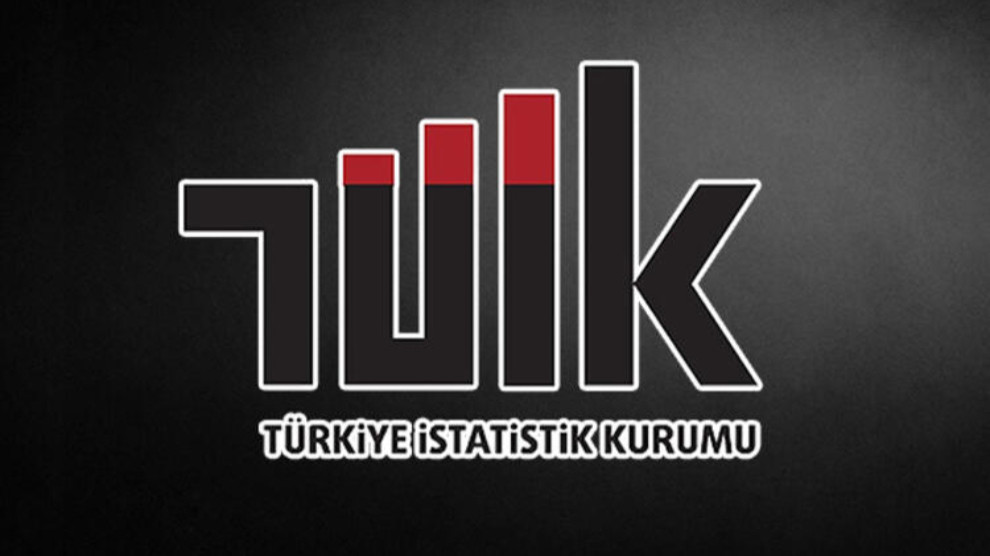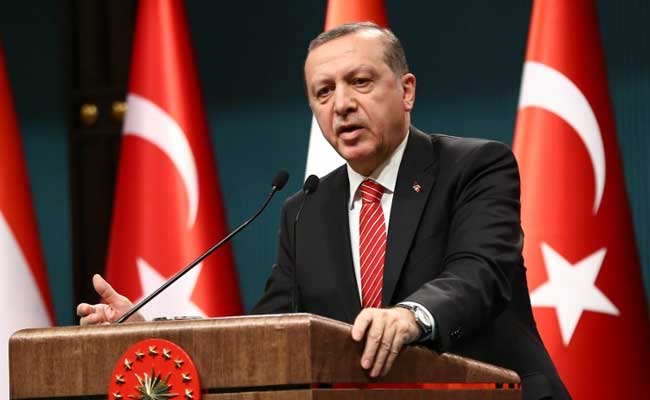Turkey’s annual inflation has climbed to 61.14% in March 2022 – a new 20-year high – deepening the cost of living crisis for many households. Analysts attributed the rise to the impact of Russia’s invasion of Ukraine and President Recep Tayyip Erdogan’s unorthodox interest rate policy.
The yearly inflation rate in March 2022 was 6.7 percentage points higher than the 54.44% annual inflation recorded in February. The Turkish Statistical Institute stated on Monday, April 4, 2022, that consumer prices rose by 5.46% month-on-month in March 2022 compared with the previous month.
According to data released by the Turkish Statistical Institute, the highest yearly price increase was in the transportation sector, at 99.12%, while the increase in food prices was 70.33%. The institute disclosed that this was the biggest year-on-year increase since March 2002.

Rising prices are part of an economic crisis exacerbated by the COVID-19 pandemic while Russia’s invasion of Ukraine has seen a surge in gas, oil and grain prices, contributing to the rise in general prices.
President Recep Tayyip Erdogan’s unorthodox interest rate policy
Turkey’s runaway inflation also followed a series of interest rate cuts late last year, in line with President Recep Tayyip Erdogan’s opposition to high borrowing costs in a bid to boost growth, investment and exports. In contrast to established economic thinking, the President insists that high rates cause inflation.

Turkey has recorded double digit inflation since early 2017 but the latest figure is the highest since the ruling Justice and Development Party (AKP) came to power in 2002.
The central bank cut rates by 5 percentage points between September and December 2021 but they have remained unchanged at 14% this year. Meanwhile, the weakening lira and runaway inflation have become major sources of public discontent in Turkey as President Recep Tayyip Erdogan faces an election next year.
Weak currency and Russia-Ukraine crisis
The lira, which lost 44% of its value against the U.S. dollar last year, plunged to a record high of 18.41 against the greenback in December 2021. The currency’s performance has fueled inflation in the import-reliant Turkish economy and is currently trading at 14.7 lira against the dollar and 16.2 lira against euro.
The war in Turkey’s Black Sea neighborhood has had a major impact on the country as Russia is a key supplier of energy while Ukraine ships wheat. Also, Turkish tourism industry relies mainly on Russian tourists.
On Friday, April 1, 2022, S&P global rating agency kept a negative outlook on Turkey and cut its credit rating. According to the rating agency, “The fallout of the Russia-Ukraine military conflict, including rising food and energy prices, will further weaken Turkey’s already tenuous balance of payments and exacerbate inflation”.
In an effort to soften the blow on households, the government has implemented tax cuts on basic goods and has adjusted electricity tariffs. However, Jason Tuvey, senior emerging markets economist at the London-based Capital Economics, said inflation is likely to rise further over the coming months and stay close to the current high rates for much of this year.
READ ALSO: Senior High School Placement: System Is Not Full Proof- IFEST























